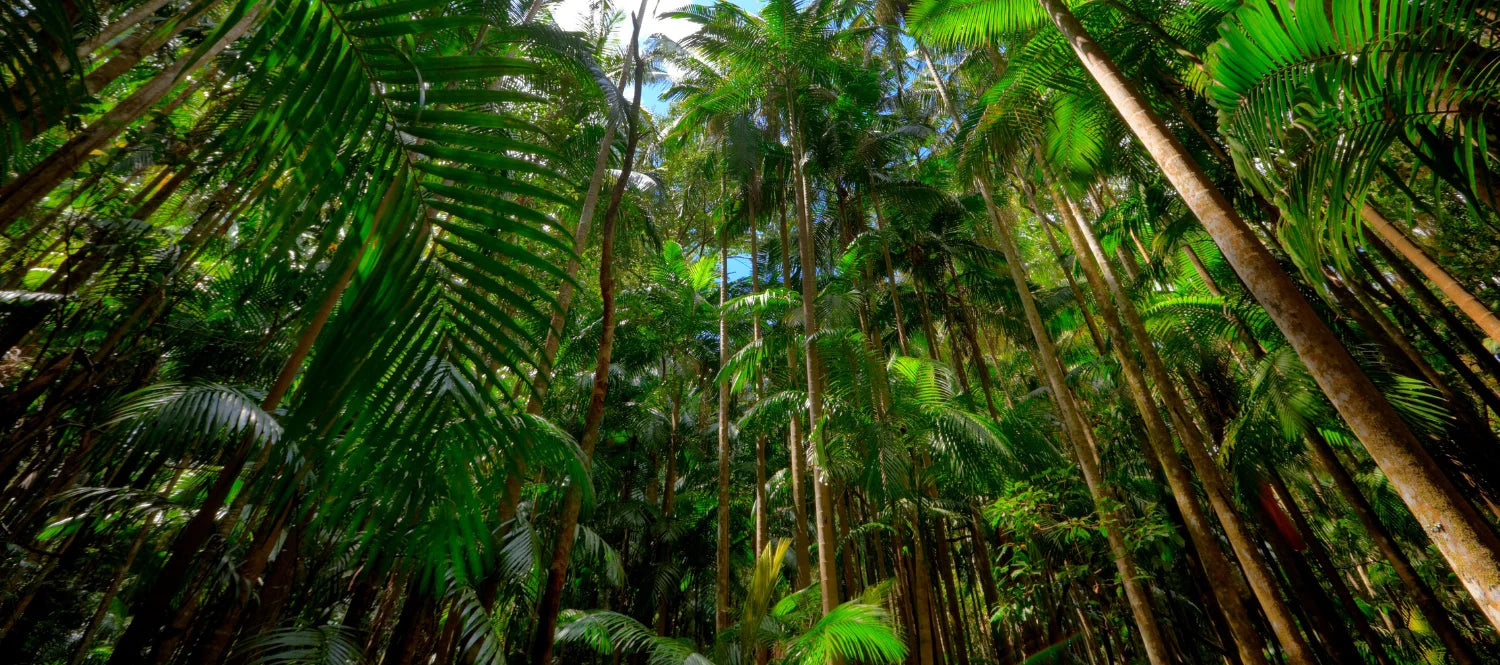
Hello and Welcome!
We're thrilled you stopped by. Big changes are happening behind the scenes as we prepare to introduce something truly special.
While we’re taking a moment to reimagine Anduba, our new collection—featuring unique, ancestral wallpaper—will be live soon. Thank you for your patience and support. We can't wait to share this exciting new chapter with you!
Stay tuned!
Be the first to know when we launch
Promotions, new products and sales. Directly to your inbox.
